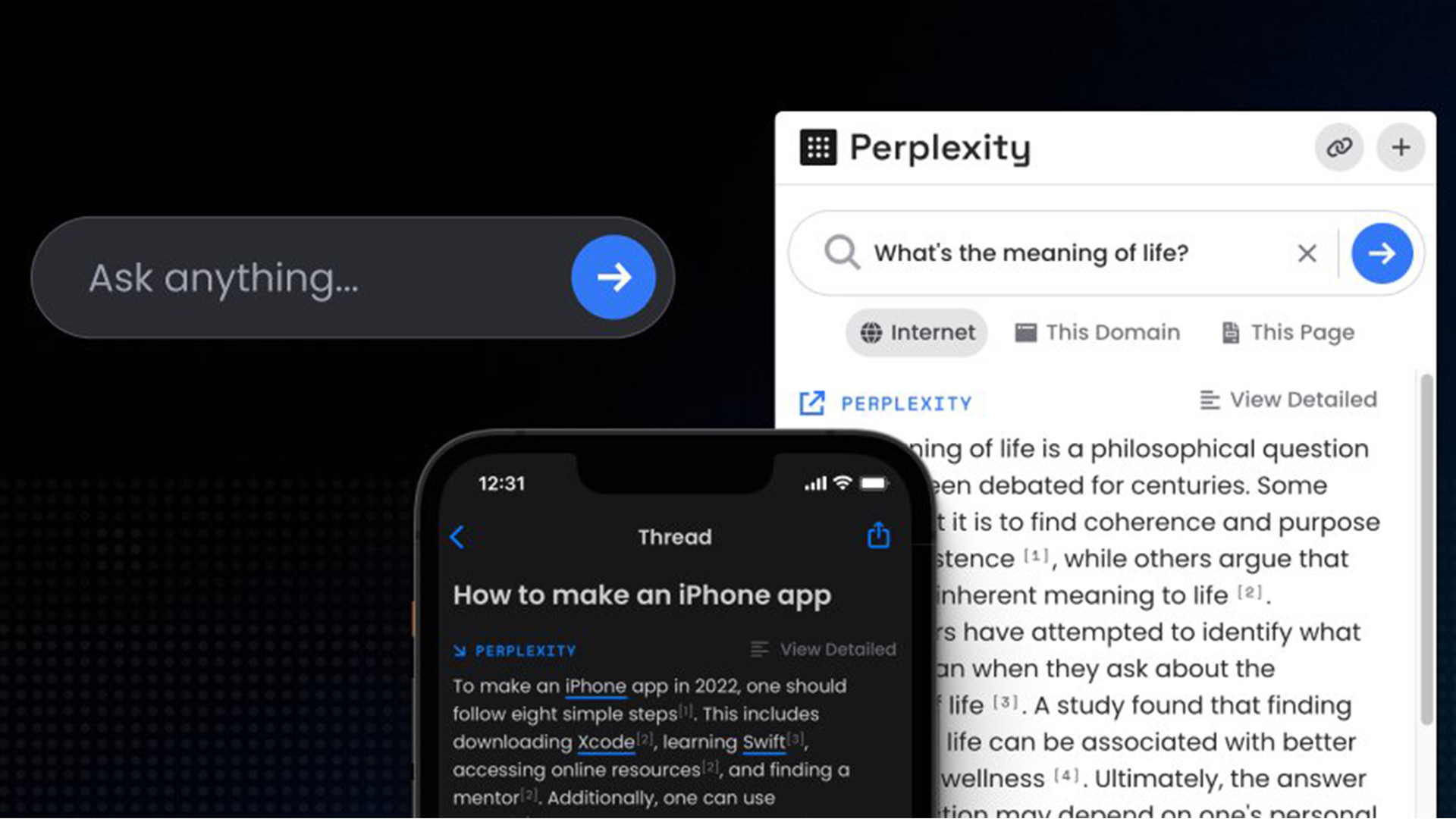
- The new Dumkyat of Troubled Browser AI Assistant promises that web travels for you
- Domestic joins other AI browsers, which aims to defeat Chrome and other famous platforms.
- Although AI companies are betting on the charming users of their browser, their mainstream appeal is uncertain.
Anxiety has formally moved to web browsers, and embedd its AI tools in its new chromium browser.
Now it is available, initially only for some subscribers who have a $ 200-month maximum project project of anxiety. At first glance, the doubles are mostly like browsers, but the doubles have a unique sidebar. You can highlight a word, phrase, or icon, and the doubles will discuss it with you. You can summarize an article, write an RSVP, or manage your next holiday journey. There is also the benefit of privacy. Anxiety says that all AI processing remains local and it will not train your AI using your site visits.
It makes sense. The browsers are central to modern work and life. If the AI model can lift our browsing flow, we will continue to use them all the time. But will it stick?
There are many failed chrome clones seen in the browser’s place from Yahoo browser to Internet Explorer 6. Chrome and Safari have claimed more than 90 % of the market share globally. Only subscription costs can be the biggest obstacle. The problem of anxiety is $ 200 a month. Compared to the price of ‘free’, it will take people to pay more time than to pay people.
And while the doubles show how it may be useful to melt your AI with a web browser of trouble, but it is hardly lonely to get the idea of expanding web browsers with AI. Openi is making a chat GPT-local operator browser. Currently, the browser company, Opera’s Arya, with Co -Colat with Microsoft, and all other similar services are providing similar services. And Google is constantly adding AI to Chrome, offering quick review, summary and image explanations.
AI future browsing
Anxiety, an open, and any other contender faces the same challenge to change people. And when it is possible that a new group of consumers breaks down with the idea of AI browser, they will face each other as well as the AI coming to the height of Firefox against Chrome, Safari, and others, with better, more confidentiality, or another charming feature.
Or, maybe the technical issues and concerns about user privacy will keep the AI browser keep a niche product with a limited appeal to tight users, which is a bit like Linux. The future of AI browsing, a short FAD, or something else between it.
The question of this question is as to what his effort enables to answer. If Domestic and other online experiences can be paved and save us a lot, they will be poping everywhere, but for now, they are at the expense of a premium. We have to see if AI-Enhanced browser can find users who need it.

